Limbo Accra nurtures discussion around urban space in Africa and beyond
We hone in on the work of Limbo Accra, a pioneering, spatial design studio founded in Ghana that encourages a new wave of creative collaboration and co-production in Africa and its diaspora
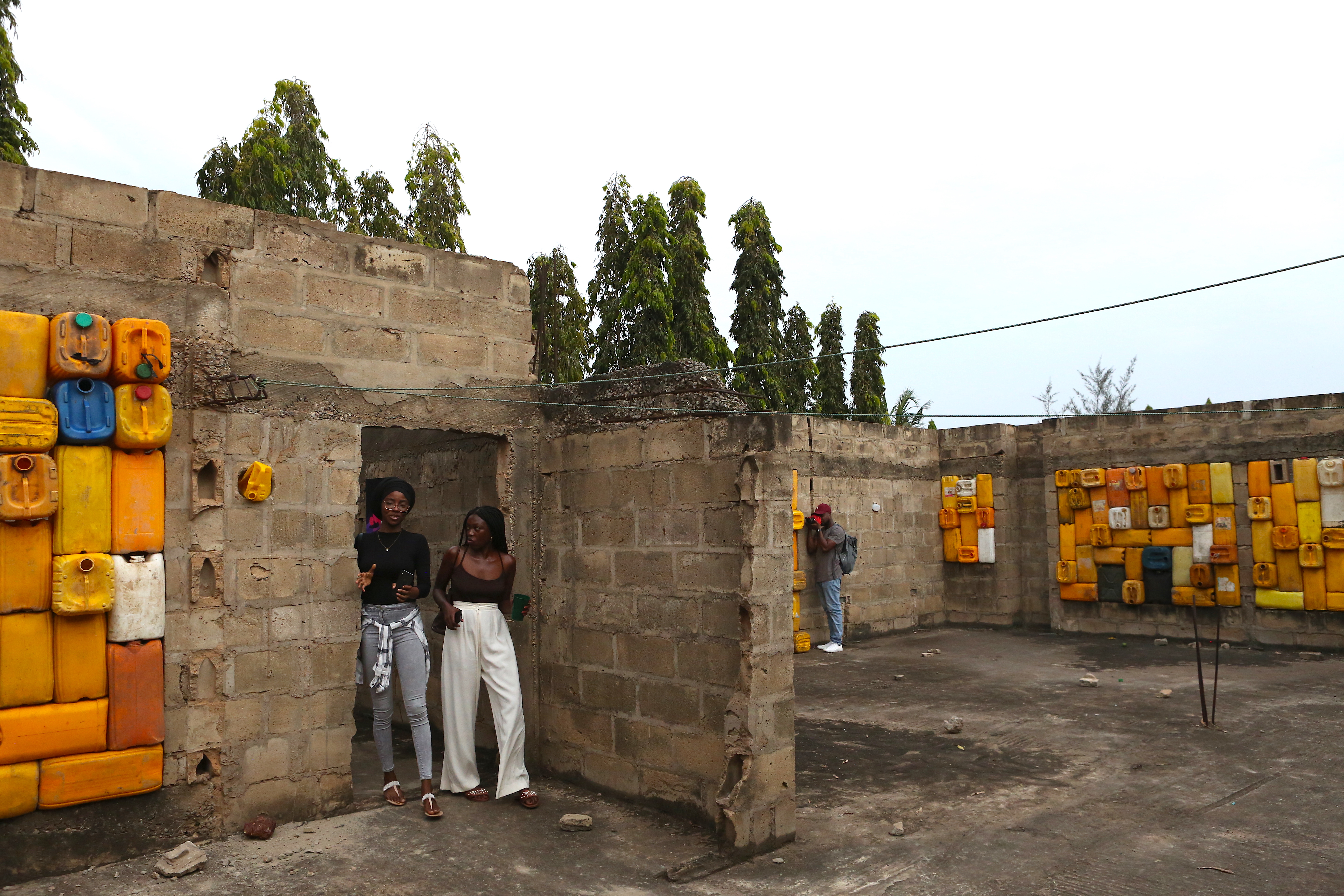
Receive our daily digest of inspiration, escapism and design stories from around the world direct to your inbox.
You are now subscribed
Your newsletter sign-up was successful
Want to add more newsletters?

Daily (Mon-Sun)
Daily Digest
Sign up for global news and reviews, a Wallpaper* take on architecture, design, art & culture, fashion & beauty, travel, tech, watches & jewellery and more.

Monthly, coming soon
The Rundown
A design-minded take on the world of style from Wallpaper* fashion features editor Jack Moss, from global runway shows to insider news and emerging trends.

Monthly, coming soon
The Design File
A closer look at the people and places shaping design, from inspiring interiors to exceptional products, in an expert edit by Wallpaper* global design director Hugo Macdonald.
Limbo Accra is a spatial design studio founded in Ghana by Dominique Petit-Frère and Emil Grip. It explores the intersection between art, architecture and sustainability, inspired by rapidly modernising West African cities. The studio’s name is a nod to the many incomplete and since-abandoned buildings in Accra and other West African cities, their sites in a state of limbo.
Its design projects are interdisciplinary in nature, and include immersive installations made from recycled urban waste, photography and film. Limbo Accra frequently highlights the exploitation of construction workers, all the while repurposing unfinished urban spaces in Accra into sites of activation and exhibition.
By approaching design in this way, the studio is nurturing new discussions around urban development. It also challenges the (un)sustainability of materials and consistently provokes the question: what does it mean to design urban spaces with intention?
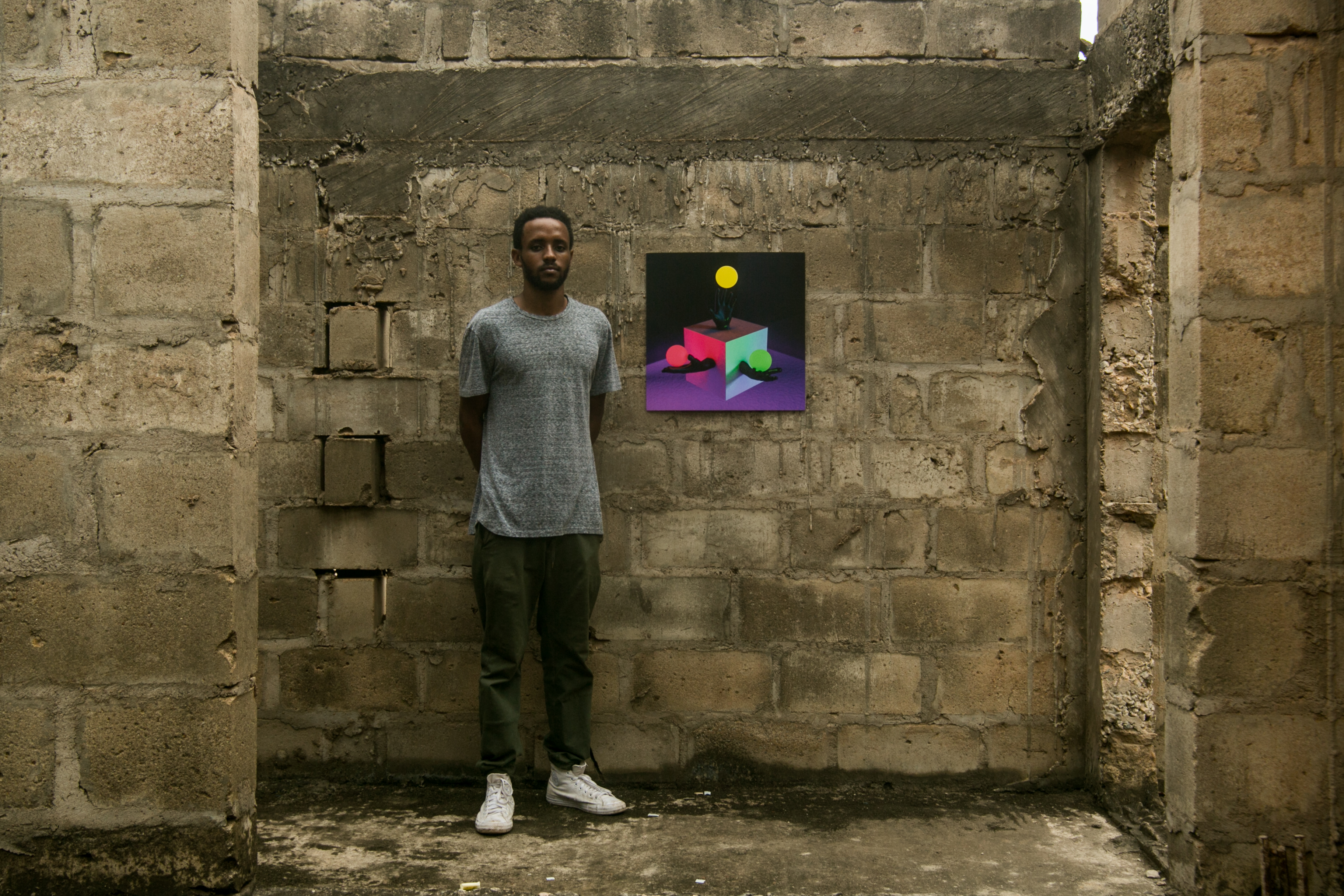
The pioneering team's portfolio of work has been well received in Accra and beyond, with ‘activation sites’ reaching Copenhagen and Berlin, further emboldening the diaspora to engage in the discussion. Limbo Accra’s recent appointment as architectural lead for Surf Ghana’s Freedom Skatepark places the studio at the forefront of vision for the project, Ghana’s first-ever recreational skate park. The mission is to ‘deliver Afro-Utopian spatial justice for all', in collaboration with Virgil Abloh and fashion brand Daily Paper, as well as Wonders Around the World (WAW) and Space Accra.
The scheme mixes co-working spaces, cultural programming, and skate and fashion retail areas. They are all connected by a skateable pathway that invites visitors to move through the park instead of around it. The skate park will be built with an understanding of the local ecosystem, providing opportunities for urban greening. At every level, Limbo Accra shows its commitment to creating a skate park that provides not only physical freedom, but also psychological freedom for young-Ghanaians. It is there to give them a safe space to access resources and community.
This creative outfit's designs stretch far beyond their aesthetic value. Limbo Accra engenders a new wave of creative collaboration and co-production in Africa and its diaspora.
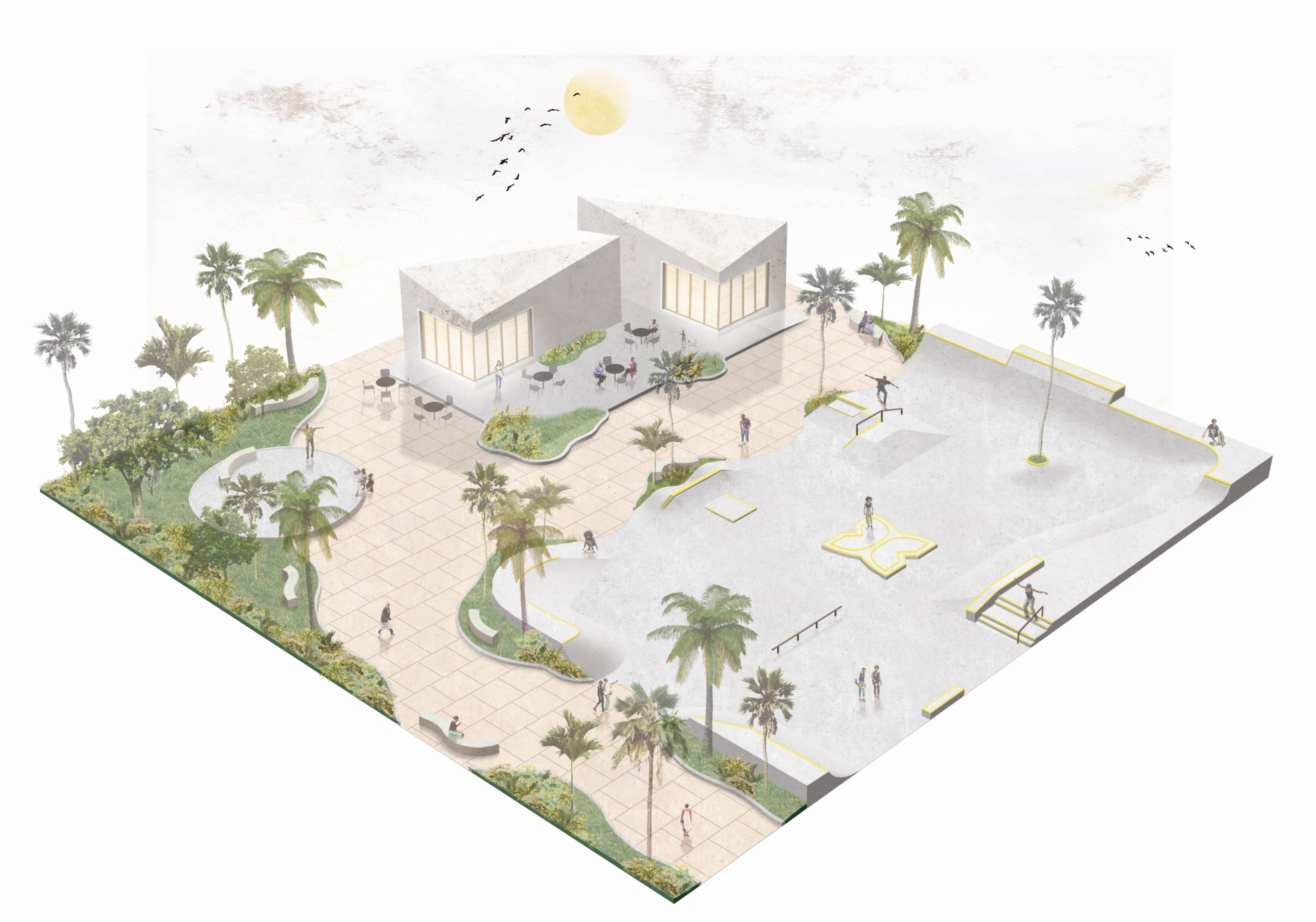
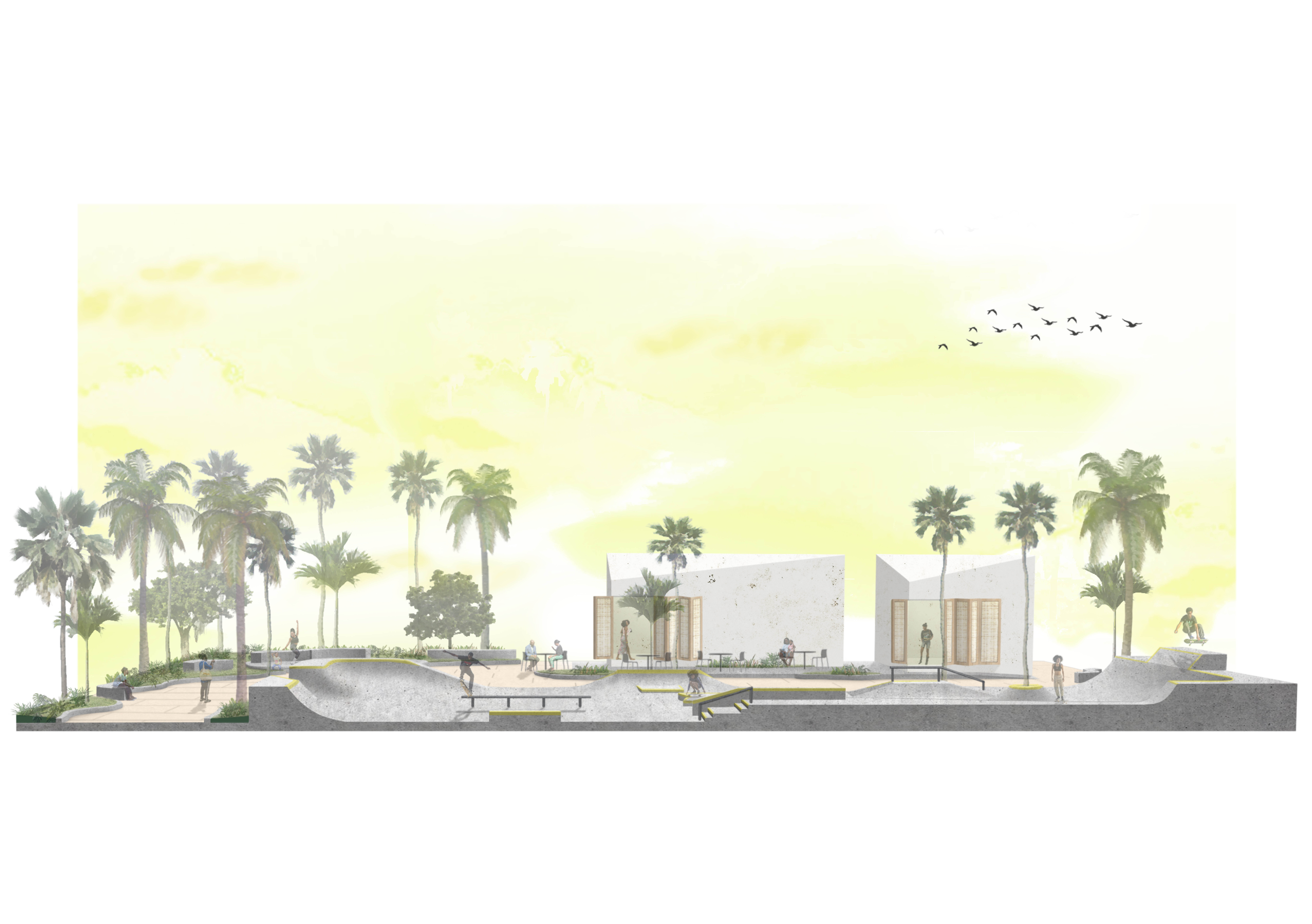
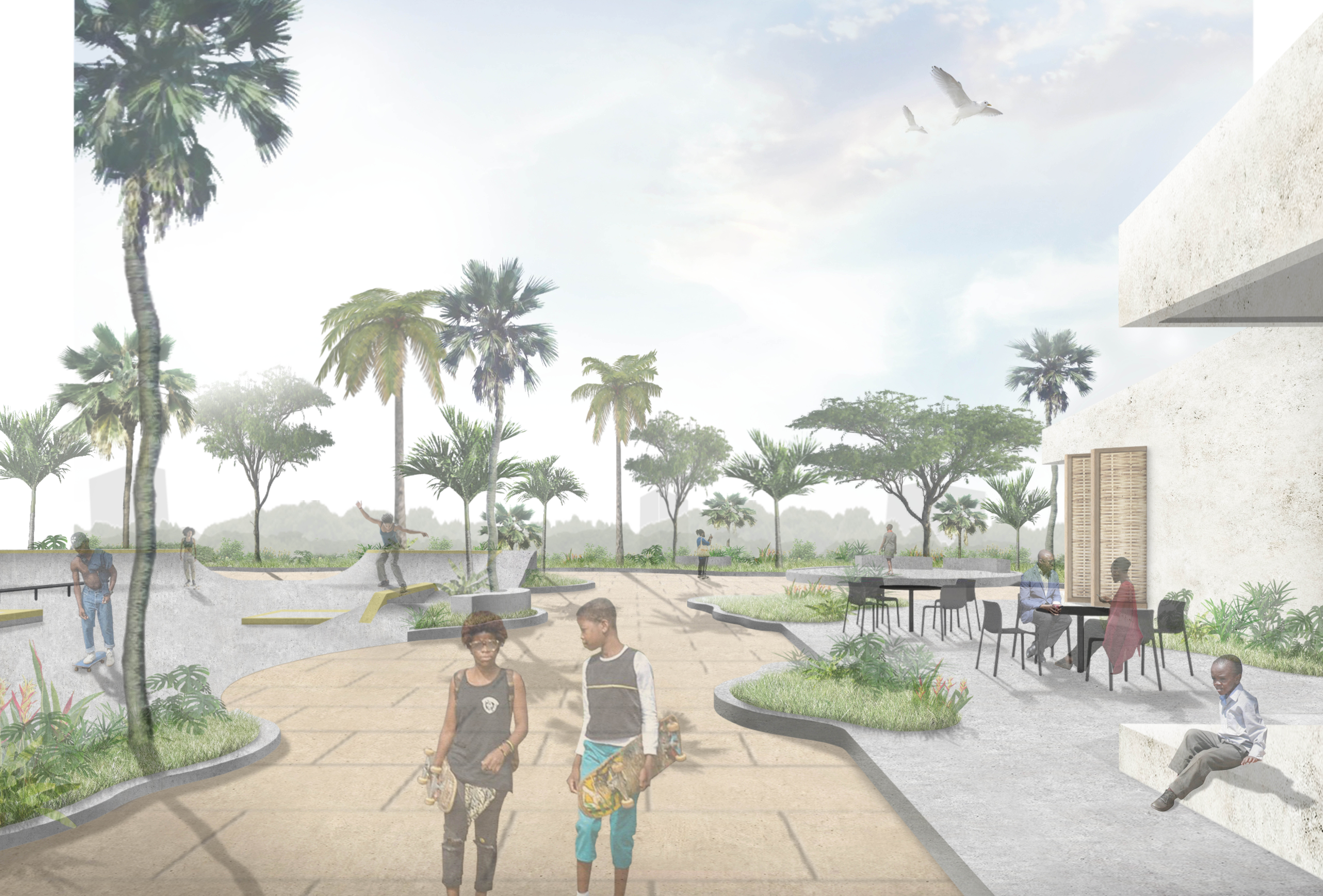
INFORMATION
Receive our daily digest of inspiration, escapism and design stories from around the world direct to your inbox.
Nana Ama Owusu-Ansah is a writer and photographer from London. She first wrote for Wallpaper* in 2021, in a series on the new vanguard of African designers practising in Africa and its diaspora. She is drawn to projects centring on decolonial approaches to art, architecture, as well as community and sustainability. Nana Ama read Economics and Spanish at University of St Andrews, and, as an avid linguist, is passionate about using accessible language to invite new audiences to engage in design discourse.